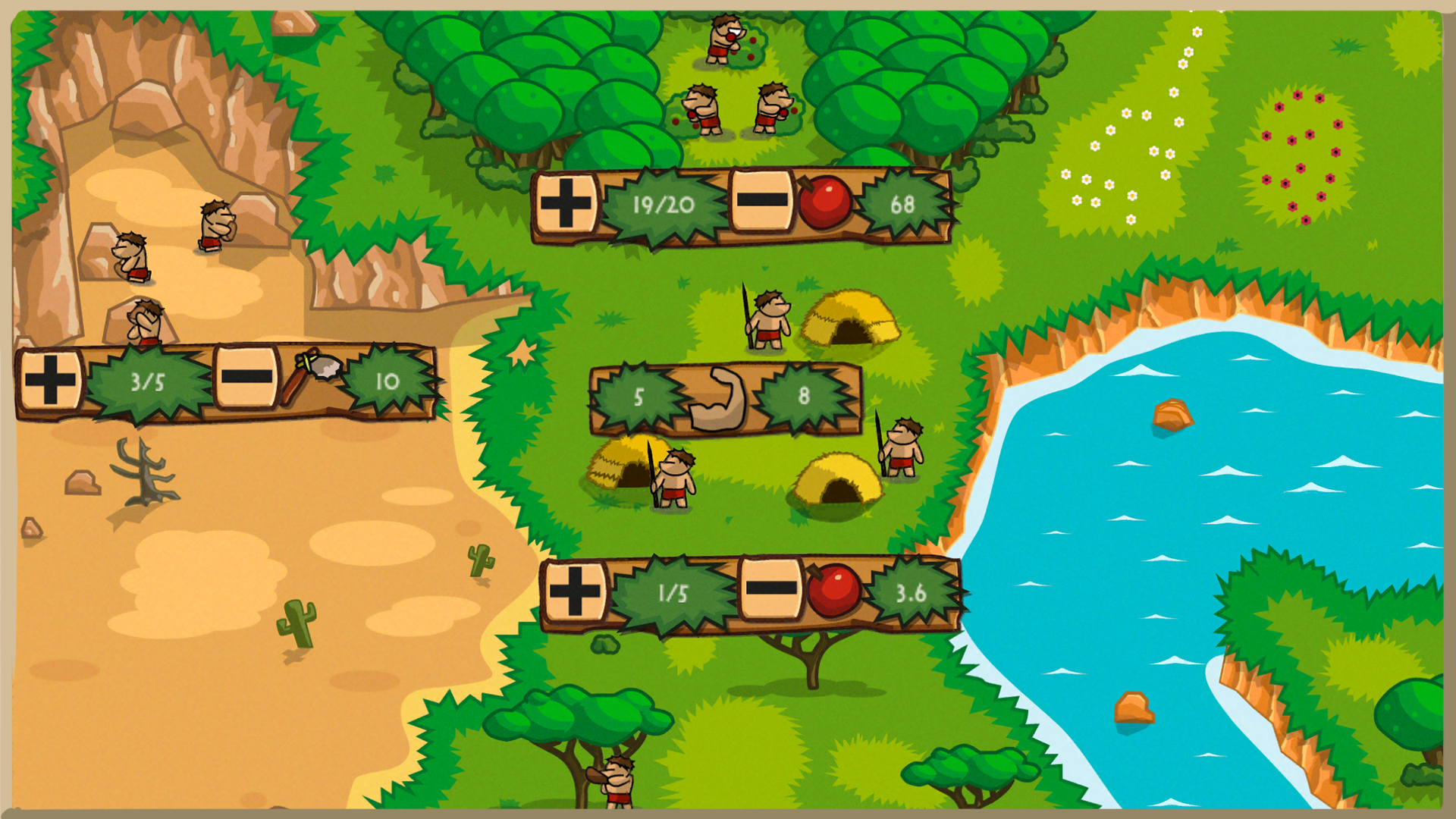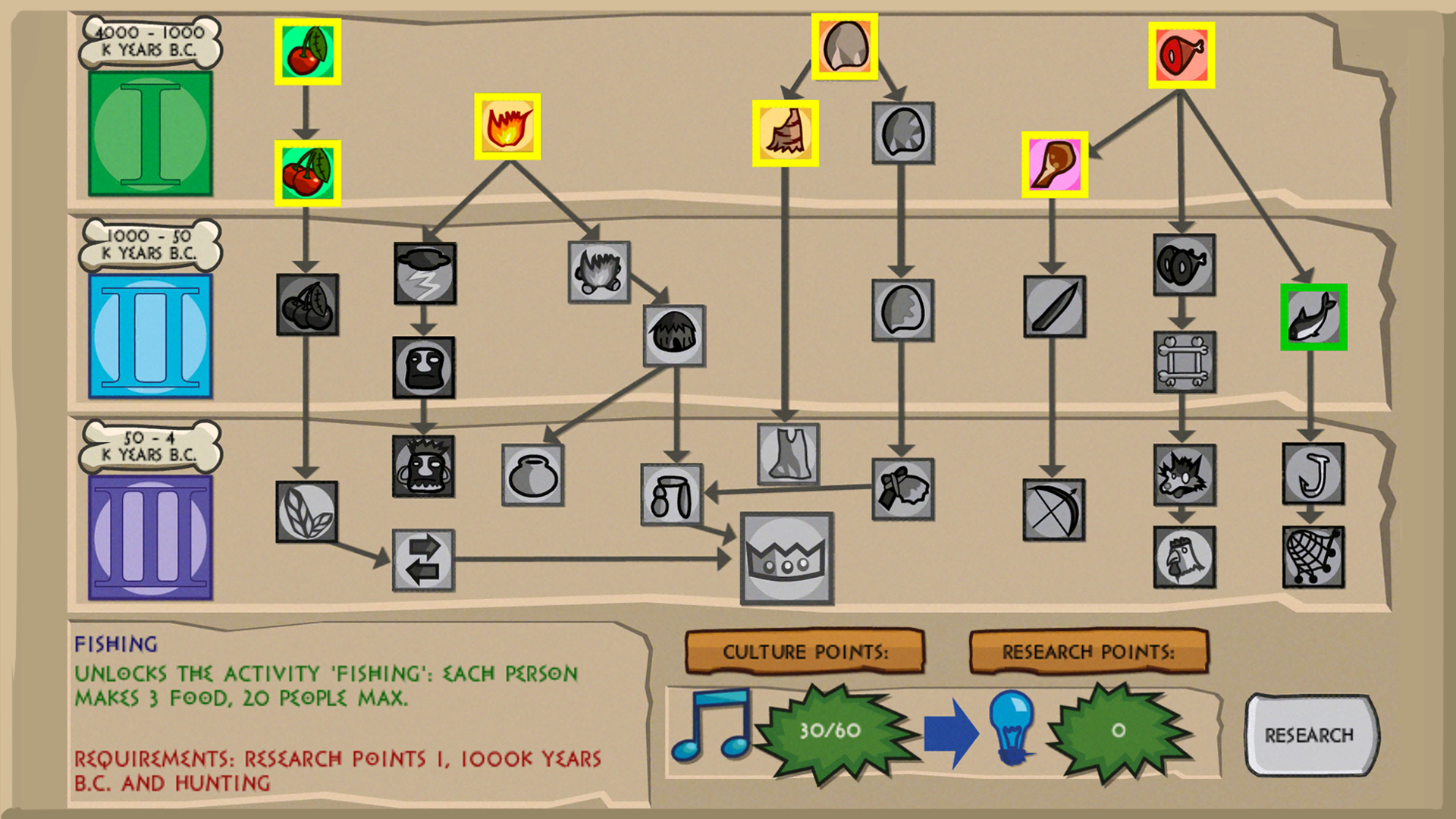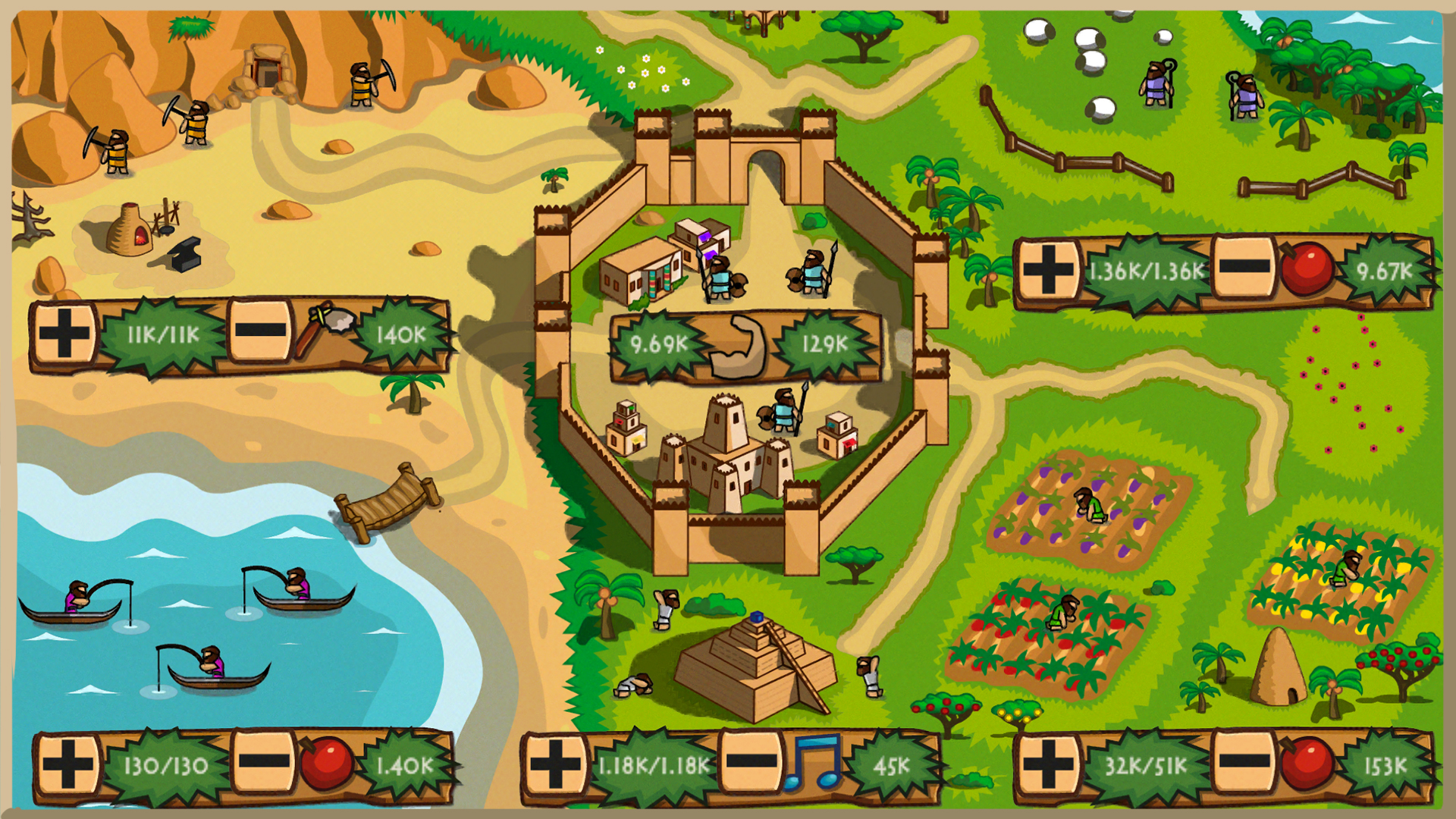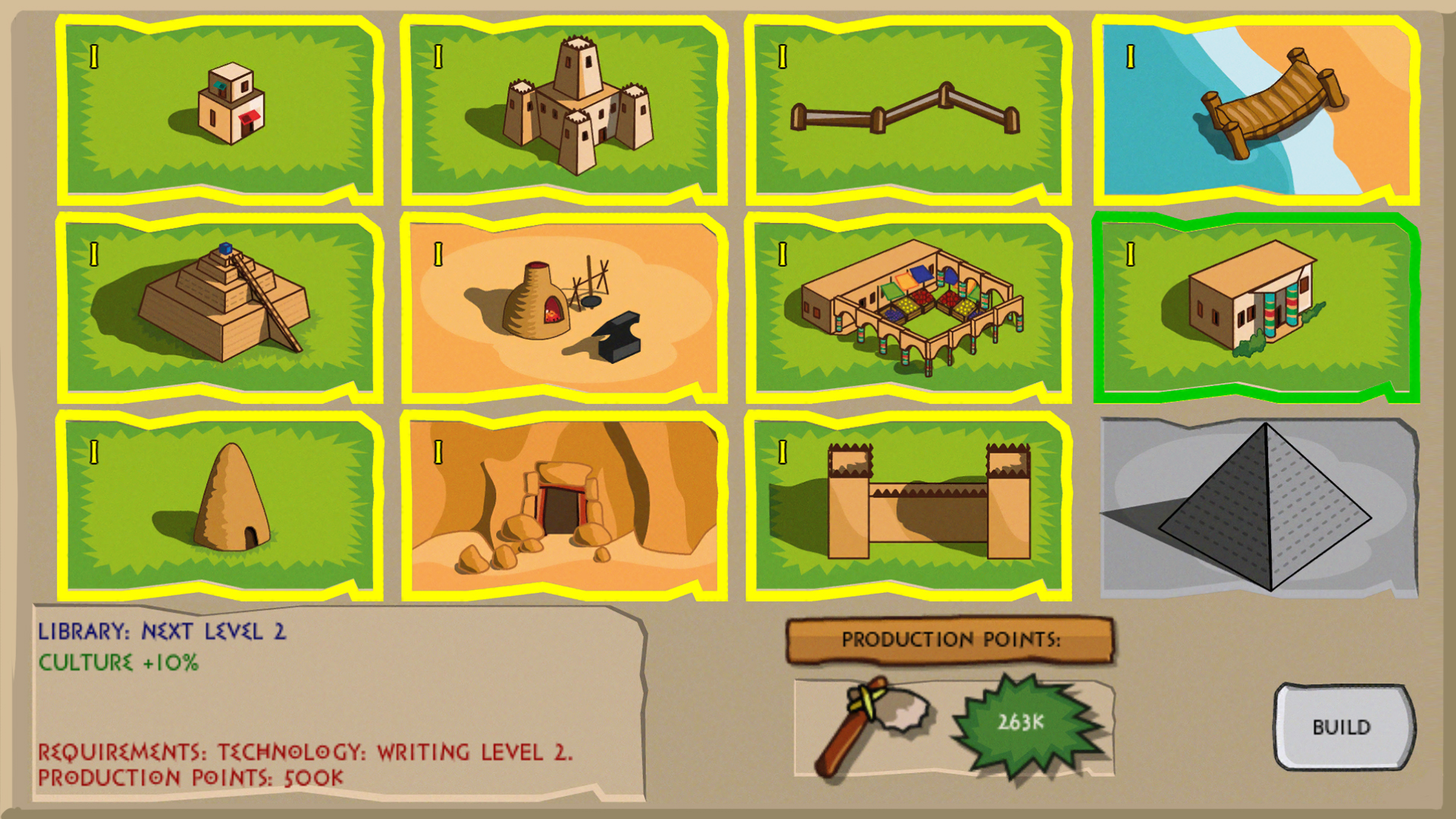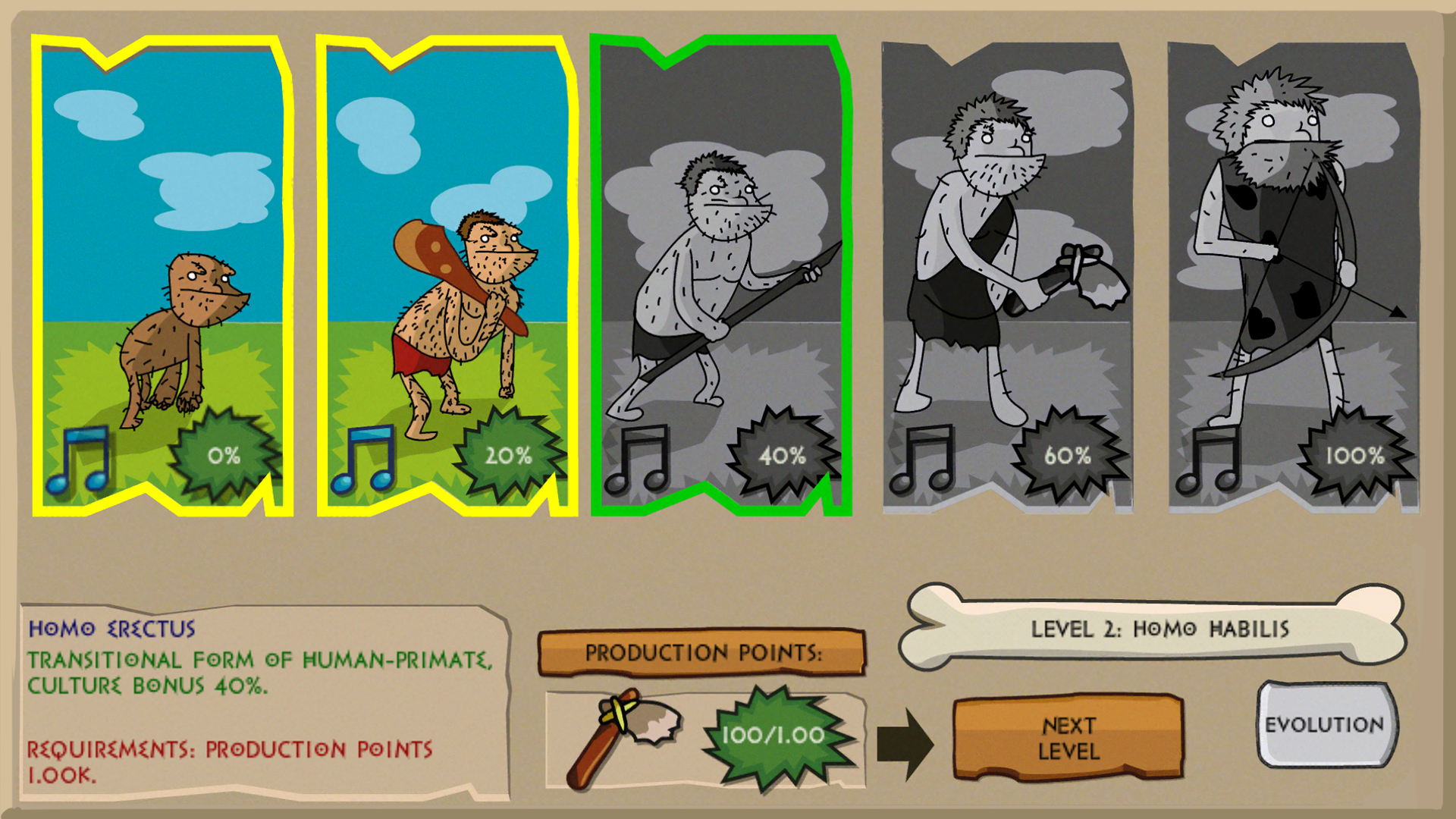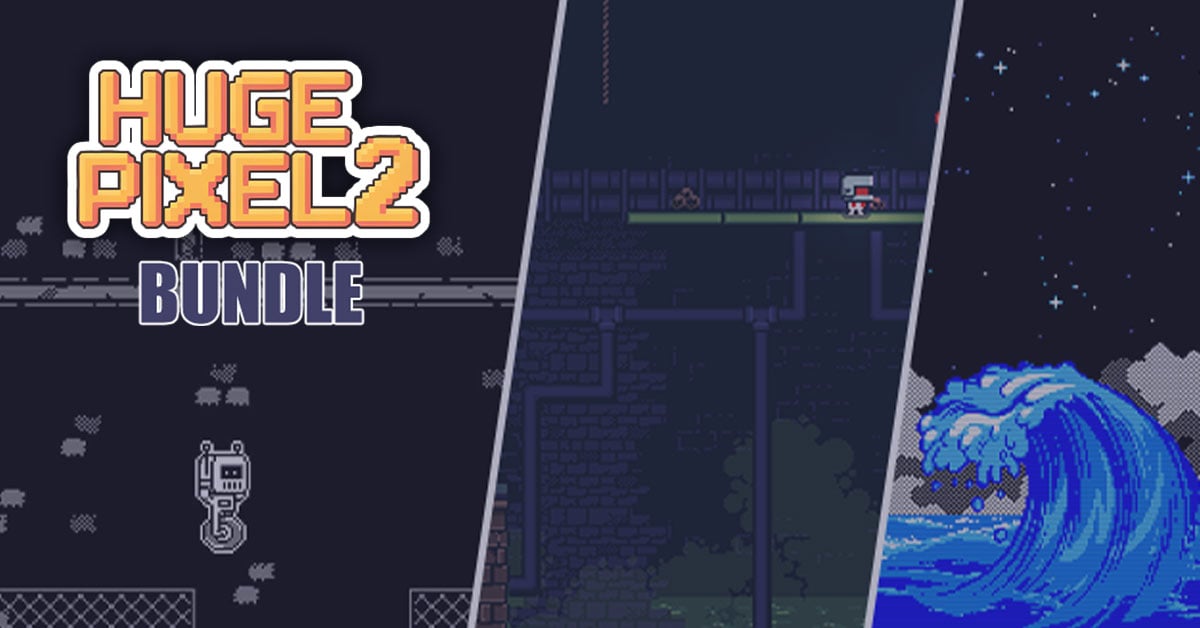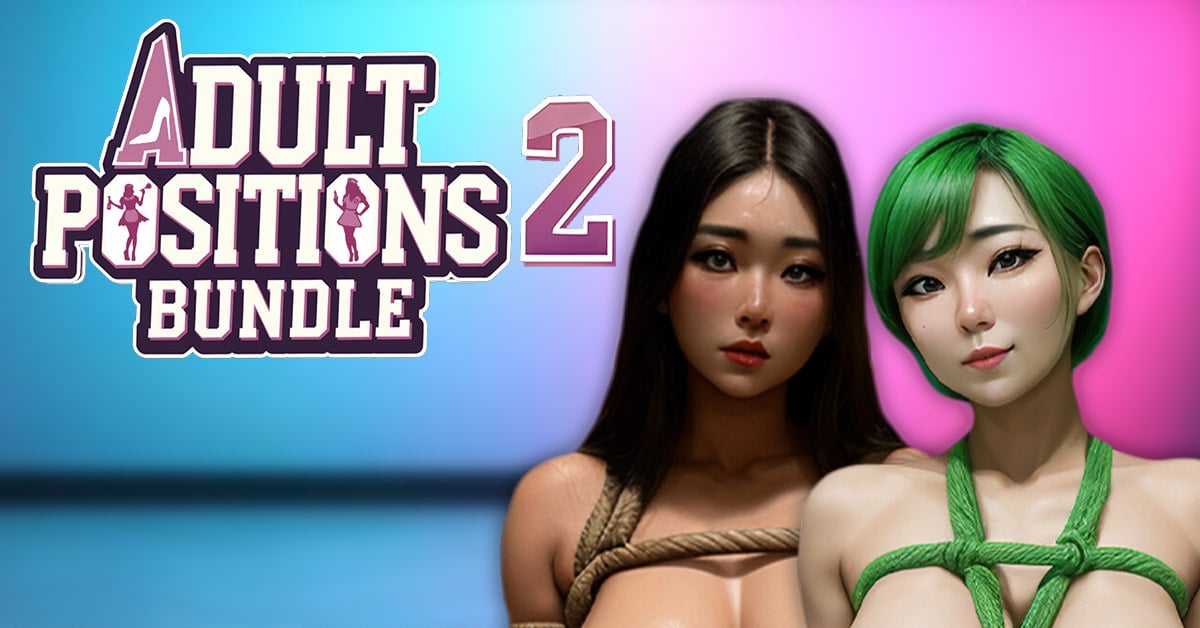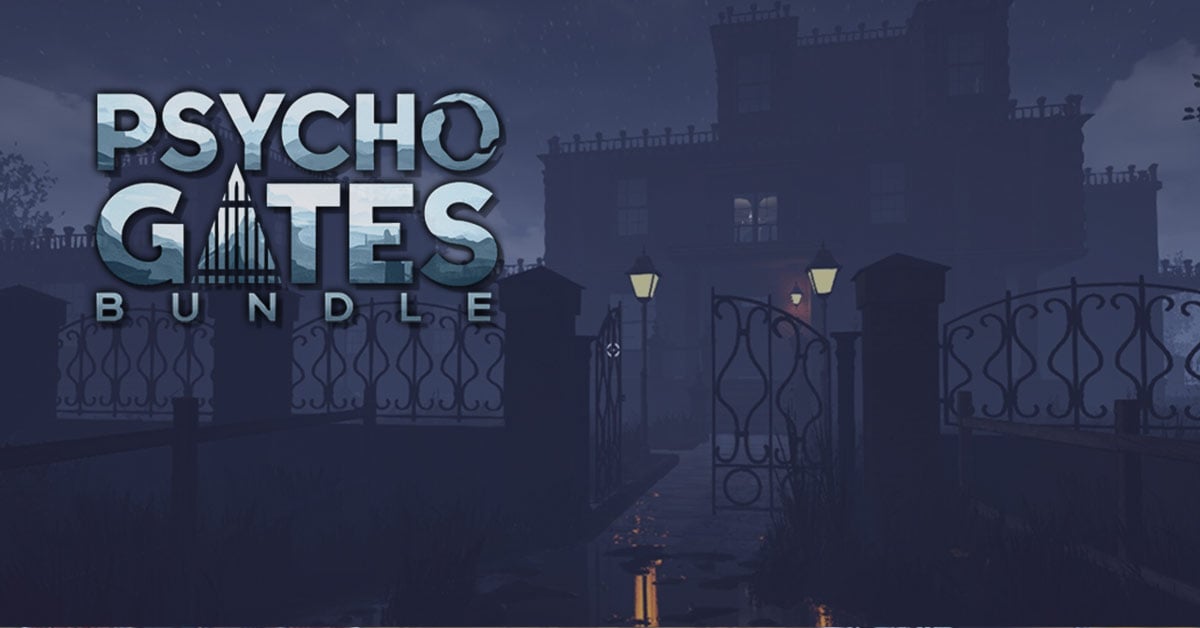Features
- Lead your people through the trials of history and build a Wonder of the World - the Pyramid!
- 20 unique buildings
- 63 technologies
- 30+ events
- Sandbox/Survival mode with endless upgrades and the growing power of the enemy - a real survival challenge!
- Full and latest version Stone age and Bronze age with all fixed bugs.
- Full HD graphics
- Sandbox/Survival mode and new languages for Stone age
- Achievements
- Tradable cards/wallpapers/icons

Game localization is a very important, but not the most apparent step in game development. No matter how small your game is, a good translation can increase the number of potential buyers. On the other hand, a not so good translation can scare them off. Our games - Stone Age, Bronze Age, Marble Age, Predynastic Egypt and soon to be released Egypt: Old Kingdom are translated into 13 languages in general. We'll be glad to share our experience and talk about a few unexpected problems we had to deal with during localization.

The original language of our games is Russian, so the first step was to translate it into English. When our team still had only one member and when the first game, Stone Age, was created, there was no choice but to pay for translation. It wasn't the best choice not only because of money but also because translators-outsiders probably would not be aware of what game they are translating. It makes mistranslation possible. Thus, we decided to translate the next game, Marble Age, ourselves. The translation we made knew no proofreading, no editor's eye... well, you can guess how "great" this translation was. We got criticized for it a lot. Nevertheless, the goal was achieved - both games got translated into English. Later both translations were revised and edited by natives.
Now to get the game translated into English is only half a battle. It helps to attract more players among English-speakers, this includes people who speak other languages as well. Thanks to the fact that we put a lot of efforts in making our texts interesting and informative, we soon got many offers of help from people who wanted to translate our games to their languages! Needless to say, we were only happy to accept.
The first volunteer came from Spain, and Marble Age got its Spanish version. Since then our friend from Spain became one of our most supportive volunteers and helped to translate other games as well. Later another volunteer from Turkey appeared. Then another one from Germany. They all had to spend several weeks, helping us to localize our games. But as we all started to work together, we found out that our games are not designed to accommodate translations. These are basic problems we encountered:
1. Correct display of translated texts. Other languages can contain diacritics - special symbols which can be all around the letter, for example sometimes you can see the word "naïve" with two dots instead of one, or like in many French or Spanish words, like "Rêver" or "niño". The most extreme case of this problem, though, is when the new language is not Latin alphabet based, for example, Chinese or Hindi.
2. The screens of our games were designed to fit Russian language sentences. Sometimes when the text got translated into other languages, the length of a sentence changed, and it didn't fit into the screen anymore. Sometimes the translated sentence was too short, it also didn't look pretty.
This is how we shortened English words:
German also didn't look very well:
3. The most difficult problem was about words order. Every language has different sentence structure. For us, it was important because we like to replace some words with symbols for people, food, resources, etc. But in order to construct the correct sentence, all symbols must appear in the right places. During translation, words order was often messed up and we had troubles placing symbols in the right places.
4. Finally, the text files exchange with translators was very inconvenient. For smaller games, like Bronze Age and Marble Age, it was bearable, but it didn't fit for a bigger game.
While working on Bronze Age and Marble Age localization, we were looking for solutions. We uploaded more fonts and language packs, adjusted some settings for encoding. We worked closely with translators, adjusting the length of sentences to fit the limited space on the screen. Later we came upon Crowdin - a platform developed by Ukrainian programmer, which allows developers all over the world translate their applications, programs, games etc. with the help of volunteers. With the help of this platform, we slowly started to upgrade our localization process.
The first problem was solved relatively easy by uploading additional fonts and language packs. When Predynastic Egypt was created, we designed it with the thoughts of future translations. The text space was designed to extend automatically to adjust the text of any length.
Problem no.3 has solved thanks to a new text writing system, the idea of our programmer. We inserted text symbols everywhere where pictures should be inserted. For example, here is a short sentence: "The (number) dynasty came to power" we need to use different numbers. So we replaced it like this: "The {0} dynasty came to power", and this allows translators move the number around to suit the correct word order of their language. Here is the example of code, to give you a clearer idea of what we're talking about:


The process of localization became much more convenient. Bronze Age already got several localizations by the time we uploaded it on Crowdin, and it helped us to improve translations and attract more volunteers for new localizations. Our games gained some popularity and we even got a small community of fans from different countries. Thanks to that we had a chance to start Predynastic Egypt translation early, and the game was released both in Russian and in English. English language translation was supported by a volunteer from the USA, whose input is especially appreciated due to his respectable age. It's nice to know that our game in interesting to many different people.
The translating platform also offers a convenient way to leave comments on suggested translations. Volunteers can always contact us or other translators to ask questions or to check something, and the work goes smooth and interesting.
After Predynastic Egypt was released, another volunteer joined our team. He was from China, and right away he brought with him a whole team of volunteers who started to translate Predynastic Egypt in Chinese! That was a huge luck because it let us sell our games on the Chinese market. As you probably know, Chinese-speaking countries make one of the largest game markets in the world, if not the largest. But it's almost impossible to sell there a game which has no Chinese translation. That's why the help of our Chinese friend was truly invaluable, and he keeps helping us and consulting us about China and Chinese market.
As the game was released, more and more volunteers offered their help. They not only translated Predynastic Egypt but also other games. Eventually, we had our games translated into 13 different languages, including French, Italian, Czech, Polish, Japanese and even Hindi! And this is not the limit, who knows where our future volunteers will come from!
The new game Egypt: Old Kingdom will be fully translated into English before the release, and we have French, Czech, Chinese, Spanish and Turkish translations in progress. Most of the translators are our long-time supporters, who translated previous games as well.
We're doing everything in our power to reward volunteers' input. We provide them all necessary support, issuing certificates for their CV, confirming their work, we share free game keys with them and put their names in subtitles. We'll certainly keep it up and we'll think of new ways to encourage them.
You're welcome to join our new project on Crowdin, especially if you can help us with German, Portuguese (Brasilian), Korean, Polish and Japanese languages.
And that's the essential information about our localization experience. If you have more questions, please don't hesitate to ask!

Game localization is a very important, but not the most apparent step in game development. No matter how small your game is, a good translation can increase the number of potential buyers. On the other hand, a not so good translation can scare them off. Our games - Stone Age, Bronze Age, Marble Age, Predynastic Egypt and soon to be released Egypt: Old Kingdom are translated into 13 languages in general. We'll be glad to share our experience and talk about a few unexpected problems we had to deal with during localization.

The original language of our games is Russian, so the first step was to translate it into English. When our team still had only one member and when the first game, Stone Age, was created, there was no choice but to pay for translation. It wasn't the best choice not only because of money but also because translators-outsiders probably would not be aware of what game they are translating. It makes mistranslation possible. Thus, we decided to translate the next game, Marble Age, ourselves. The translation we made knew no proofreading, no editor's eye... well, you can guess how "great" this translation was. We got criticized for it a lot. Nevertheless, the goal was achieved - both games got translated into English. Later both translations were revised and edited by natives.
Now to get the game translated into English is only half a battle. It helps to attract more players among English-speakers, this includes people who speak other languages as well. Thanks to the fact that we put a lot of efforts in making our texts interesting and informative, we soon got many offers of help from people who wanted to translate our games to their languages! Needless to say, we were only happy to accept.
The first volunteer came from Spain, and Marble Age got its Spanish version. Since then our friend from Spain became one of our most supportive volunteers and helped to translate other games as well. Later another volunteer from Turkey appeared. Then another one from Germany. They all had to spend several weeks, helping us to localize our games. But as we all started to work together, we found out that our games are not designed to accommodate translations. These are basic problems we encountered:
1. Correct display of translated texts. Other languages can contain diacritics - special symbols which can be all around the letter, for example sometimes you can see the word "nave" with two dots instead of one, or like in many French or Spanish words, like "Rver" or "nio". The most extreme case of this problem, though, is when the new language is not Latin alphabet based, for example, Chinese or Hindi.
2. The screens of our games were designed to fit Russian language sentences. Sometimes when the text got translated into other languages, the length of a sentence changed, and it didn't fit into the screen anymore. Sometimes the translated sentence was too short, it also didn't look pretty.
This is how we shortened English words:
German also didn't look very well:
3. The most difficult problem was about words order. Every language has different sentence structure. For us, it was important because we like to replace some words with symbols for people, food, resources, etc. But in order to construct the correct sentence, all symbols must appear in the right places. During translation, words order was often messed up and we had troubles placing symbols in the right places.
4. Finally, the text files exchange with translators was very inconvenient. For smaller games, like Bronze Age and Marble Age, it was bearable, but it didn't fit for a bigger game.
While working on Bronze Age and Marble Age localization, we were looking for solutions. We uploaded more fonts and language packs, adjusted some settings for encoding. We worked closely with translators, adjusting the length of sentences to fit the limited space on the screen. Later we came upon Crowdin - a platform developed by Ukrainian programmer, which allows developers all over the world translate their applications, programs, games etc. with the help of volunteers. With the help of this platform, we slowly started to upgrade our localization process.
The first problem was solved relatively easy by uploading additional fonts and language packs. When Predynastic Egypt was created, we designed it with the thoughts of future translations. The text space was designed to extend automatically to adjust the text of any length.
Problem no.3 has solved thanks to a new text writing system, the idea of our programmer. We inserted text symbols everywhere where pictures should be inserted. For example, here is a short sentence: "The (number) dynasty came to power" we need to use different numbers. So we replaced it like this: "The {0} dynasty came to power", and this allows translators move the number around to suit the correct word order of their language. Here is the example of code, to give you a clearer idea of what we're talking about:


The process of localization became much more convenient. Bronze Age already got several localizations by the time we uploaded it on Crowdin, and it helped us to improve translations and attract more volunteers for new localizations. Our games gained some popularity and we even got a small community of fans from different countries. Thanks to that we had a chance to start Predynastic Egypt translation early, and the game was released both in Russian and in English. English language translation was supported by a volunteer from the USA, whose input is especially appreciated due to his respectable age. It's nice to know that our game in interesting to many different people.
The translating platform also offers a convenient way to leave comments on suggested translations. Volunteers can always contact us or other translators to ask questions or to check something, and the work goes smooth and interesting.
After Predynastic Egypt was released, another volunteer joined our team. He was from China, and right away he brought with him a whole team of volunteers who started to translate Predynastic Egypt in Chinese! That was a huge luck because it let us sell our games on the Chinese market. As you probably know, Chinese-speaking countries make one of the largest game markets in the world, if not the largest. But it's almost impossible to sell there a game which has no Chinese translation. That's why the help of our Chinese friend was truly invaluable, and he keeps helping us and consulting us about China and Chinese market.
As the game was released, more and more volunteers offered their help. They not only translated Predynastic Egypt but also other games. Eventually, we had our games translated into 13 different languages, including French, Italian, Czech, Polish, Japanese and even Hindi! And this is not the limit, who knows where our future volunteers will come from!
The new game Egypt: Old Kingdom will be fully translated into English before the release, and we have French, Czech, Chinese, Spanish and Turkish translations in progress. Most of the translators are our long-time supporters, who translated previous games as well.
We're doing everything in our power to reward volunteers' input. We provide them all necessary support, issuing certificates for their CV, confirming their work, we share free game keys with them and put their names in subtitles. We'll certainly keep it up and we'll think of new ways to encourage them.
You're welcome to join our new project on Crowdin, especially if you can help us with German, Portuguese (Brasilian), Korean, Polish and Japanese languages.
And that's the essential information about our localization experience. If you have more questions, please don't hesitate to ask!
Minimum Setup
- OS: Ubuntu 12.04. SteamOS
- Processor: 1.5GHzMemory: 1 GB RAM
- Memory: 1 GB RAM
- Graphics: 1024768
- Storage: 300 MB available space
Recommended Setup
- OS: Ubuntu 12.04. SteamOS
- Processor: 2.33GHzMemory: 2 GB RAM
- Graphics: 1680x1050
- Storage: 300 MB available space
[ 6377 ]
[ 5885 ]
[ 750 ]
[ 1993 ]
[ 415 ]

